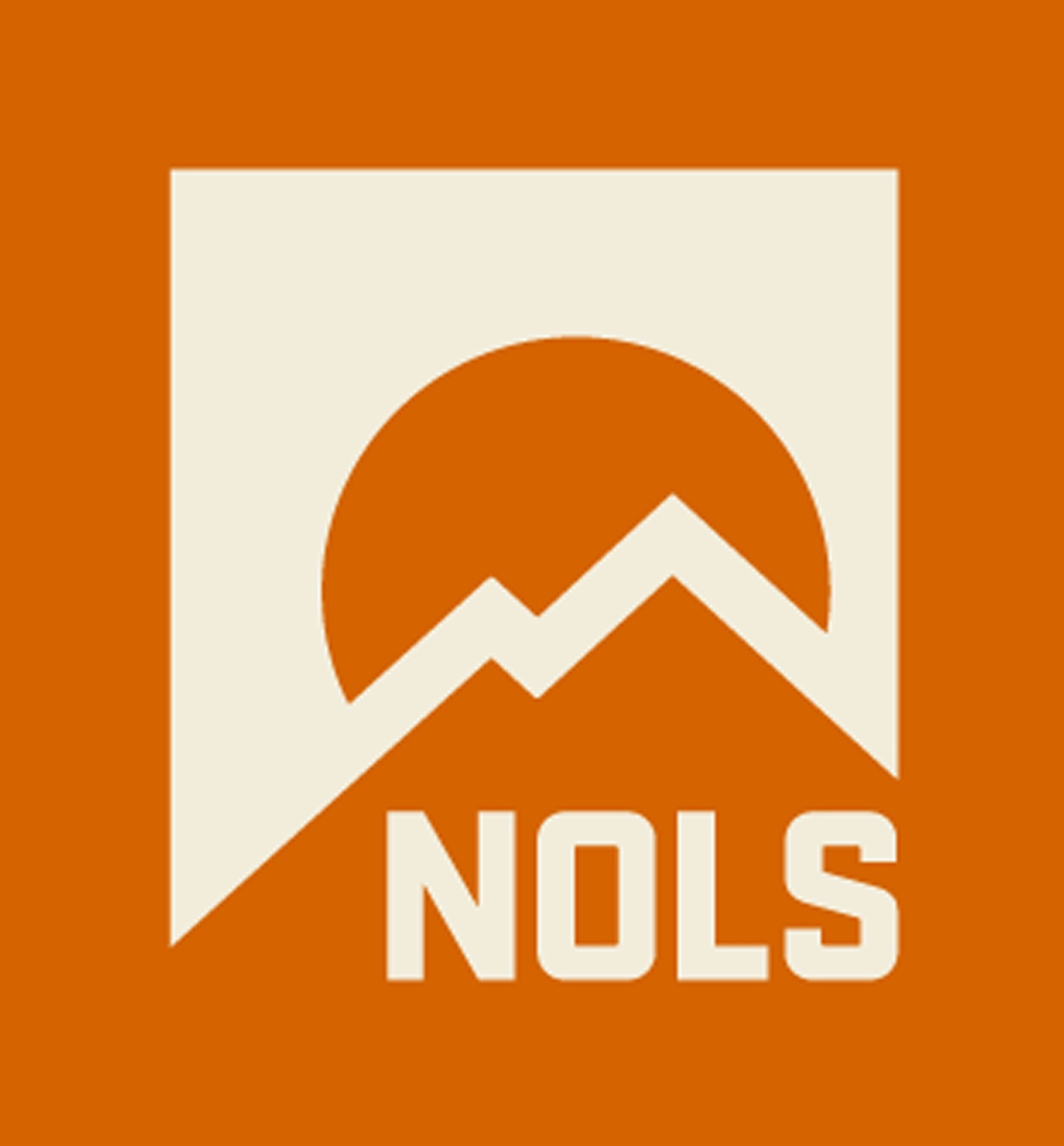.jpg?width=1067&name=kirk-rasmussen-rm-0229%20(1).jpg)
In late May, a group of seven NOLS instructors spent three nights in the mountains testing NOLS’ newly developed protocols for COVID-19—figuring out how to cook meals, hold classes, and build community while wearing masks and remaining 6 feet apart.
This group hiked through meadows studded with wildflowers that merged into late-season snow while using trekking poles to maintain distance, set up hand washing stations in each camp and used them—frequently—and tested out individual sleeping arrangements using tarps and bug netting.
Though many of the routines of the course were different than normal, by the end of the trip, the group showed that it was still possible to support the outcomes NOLS aims for on an expedition—that students learn to assume leadership roles, care for themselves and others, and connect with natural spaces (see NOLS Learning Goals & Objectives).
Of course, reaching the point of running a test course took time and effort, and was just one step of many that led to NOLS’ decision to run select field and classroom courses this summer.
First, in order to develop the protocols, we needed to fully understand the risks and how to mitigate them, as with any risk we anticipate on an expedition. A dedicated task force spent months reviewing and revising our protocols, in close consultation with federal, state, and local public health experts; peer organizations; medical advisors; and local governmental agencies.
In addition to accounting for risk, we also needed to answer the key question of whether running courses with these new protocols would serve our mission and students.
And when we looked around, we could see a clear need for the leadership and wilderness education that NOLS provides.
The desire to connect with nature has only grown since the pandemic began. The CDC reminds us that “In many areas, people can visit parks, trails, and open spaces as a way to relieve stress, get some fresh air, and stay active.” Healthcare professionals are also growing more comfortable recommending well-managed outdoor activities. And the campaign #RecreateResponsibly got started in anticipation of more people seeking outdoor experiences.
We’re also seeing needs arise beyond the outdoor space. For students, the stresses of the pandemic are compounded by the varied challenges of learning in an online setting. And commitments to dismantle systemic racism brought to the spotlight by the Black Lives Matter movement will take leadership in all forms and at all levels to address.
NOLS expeditions are not designed to fix all of these needs at once—no single experience can do that. But they can provide opportunities to develop the leadership skills necessary for enacting positive change. The mentorship of skilled educators can enable students to settle into the discomfort of healthy growth. And they offer access to wilderness, where students can find comfort and simplicity while learning the complex history of these spaces. And this can be done in a setting where the risks of COVID-19 are managed responsibly.
As Field Staffing Director Jesse Quillian noted, “The pandemic has limited access in so many ways: access to personal connections and access to the natural world. People have, by necessity, moved indoors and onto screens. Now, more than ever, a NOLS course can provide people tangible connection, real physical challenge, and a true experiential education.”
For those readers who are curious about our practices, here some highlights of the protocols we’re implementing (find these practices in greater detail on our website.)
- Managing risks before students arrive by requesting they monitor for COVID-19 symptoms, frequently wash their hands, and practice social distancing for 2 weeks prior to the course
- Staging students at remote sites when they arrive and depart from their courses, to prevent disease spread in the local community
- While on course, conducting daily health checks, practicing social distancing, wearing masks when social distancing isn’t practical, and sleeping in individual arrangements rather than shared tents
- If someone on the course experiences symptoms, we have plans in place to separate that individual from the group and seek further medical advice.
See all NOLS COVID-19 practices for courses + frequent questions.
Written By
NOLS
NOLS is a nonprofit global wilderness school that seeks to help you step forward boldly as a leader.




